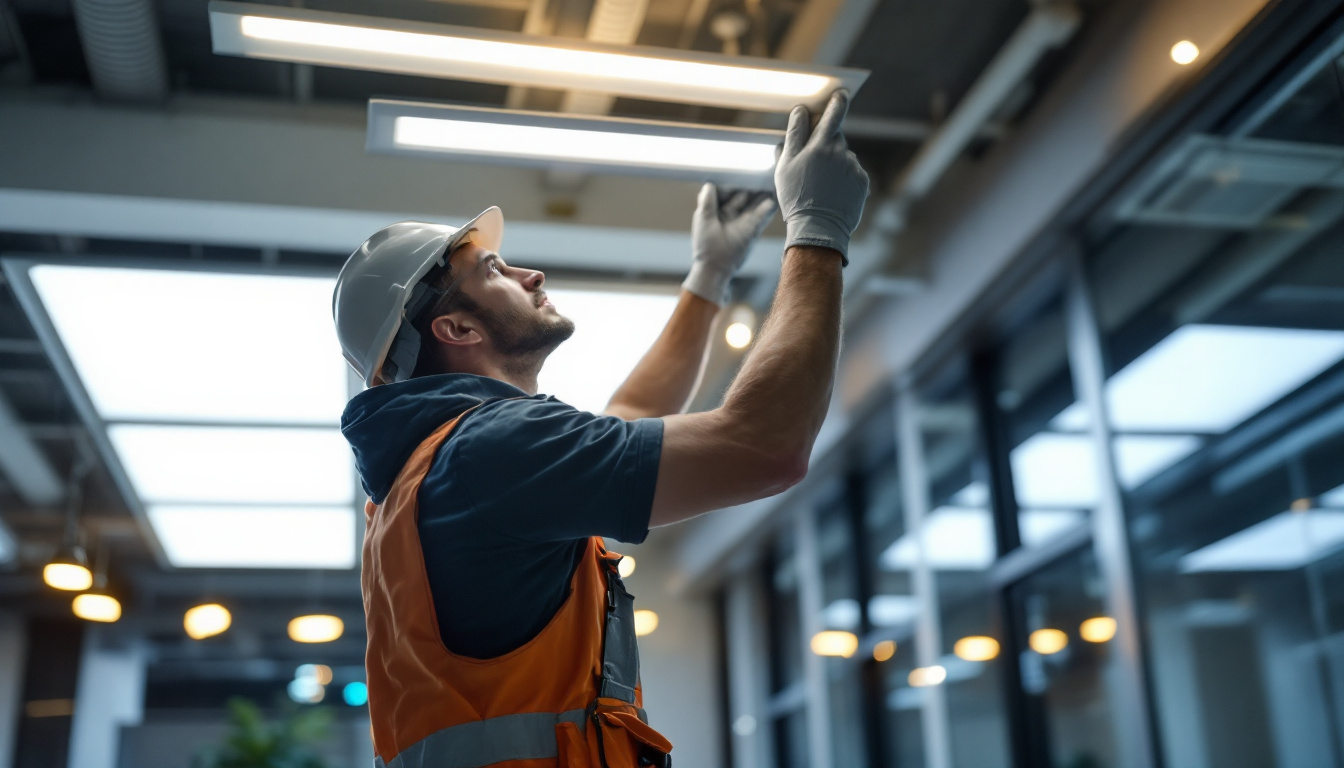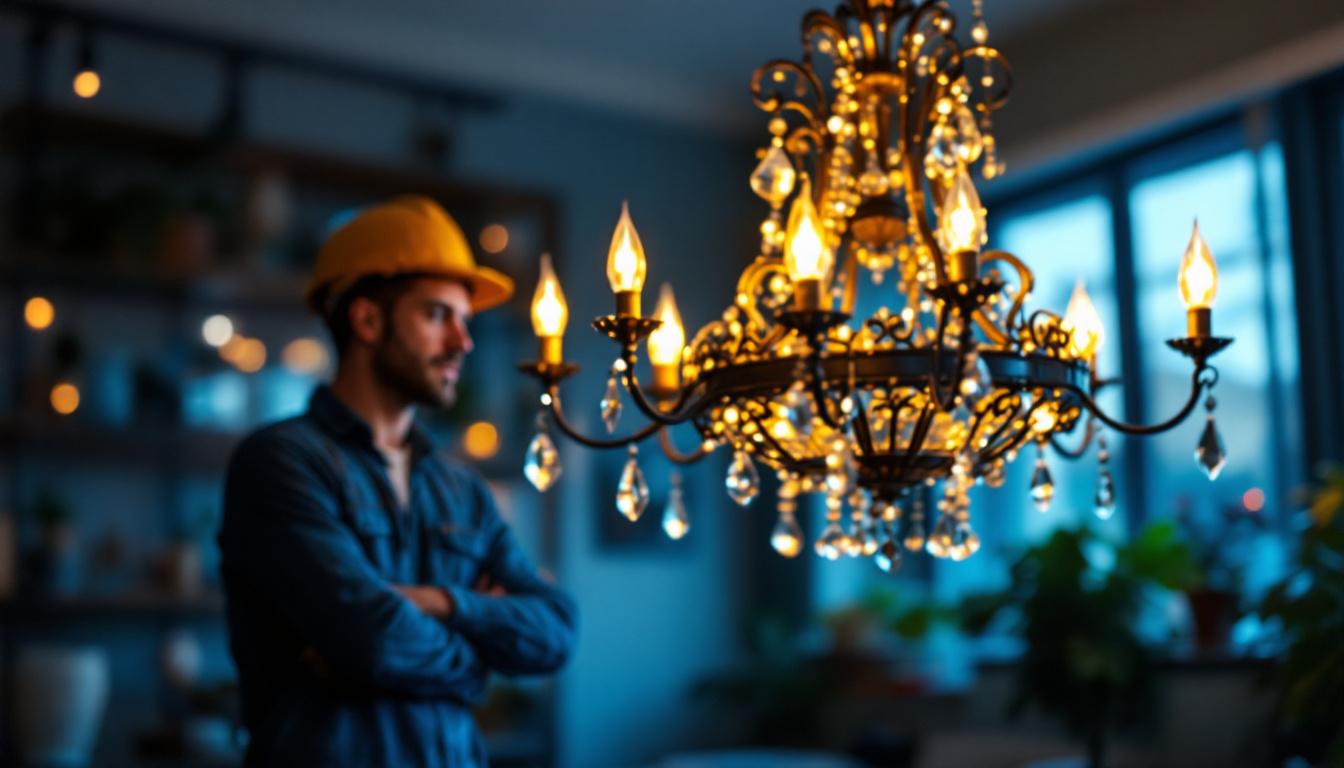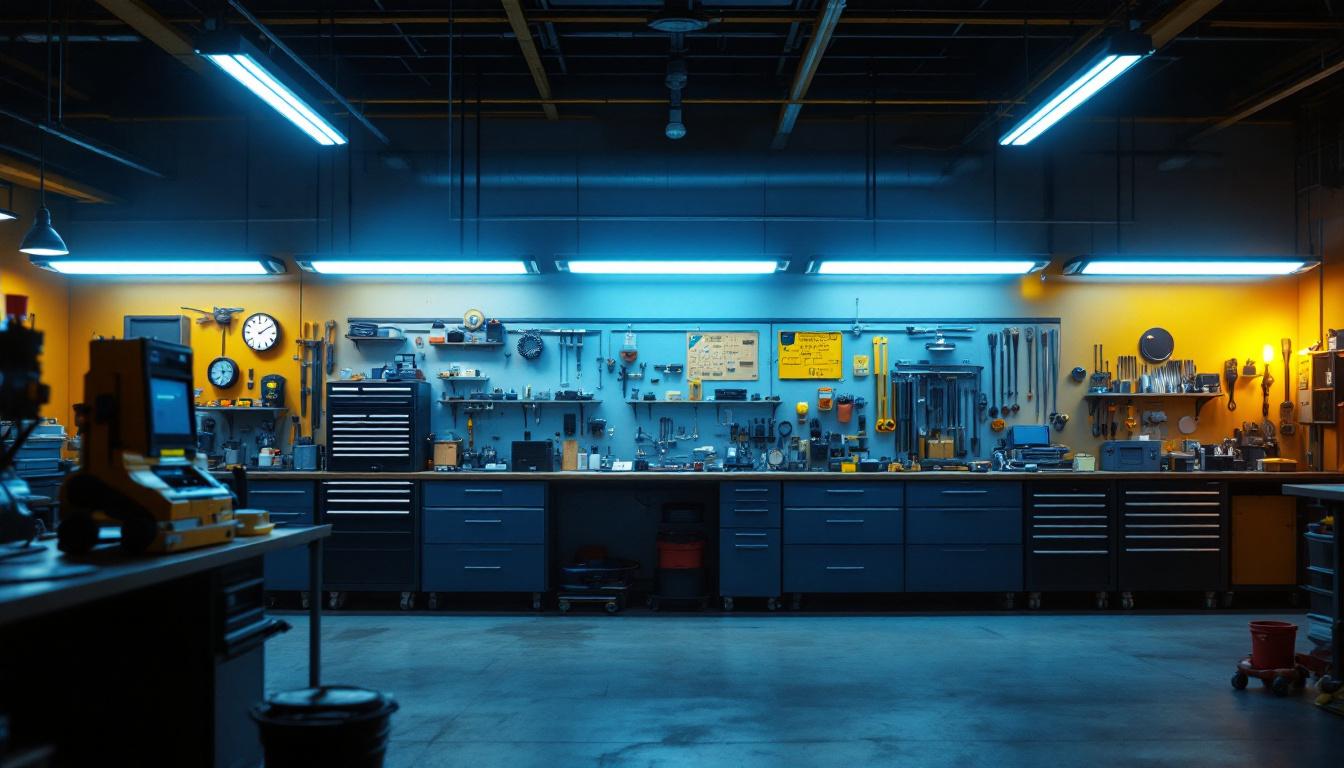
As the demand for solar lighting solutions continues to rise, many lighting contractors are eager to embrace this sustainable technology. However, the transition to solar lighting can be fraught with challenges. Understanding common pitfalls can help contractors deliver successful projects and enhance customer satisfaction. This article explores frequent mistakes made by lighting contractors when installing solar-powered backyard lights and offers insights into how to avoid them.
One of the most critical steps in any lighting project is a thorough site assessment. Unfortunately, many contractors overlook this phase when it comes to solar lighting installations.
Solar lights rely heavily on sunlight for their operation, making it essential to evaluate the site for adequate sunlight exposure. Contractors often fail to consider factors such as tree cover, building shadows, and seasonal variations in sunlight. A comprehensive assessment should include a detailed analysis of how these elements will affect the performance of solar lights throughout the year.
Another aspect of site assessment that is frequently neglected is the evaluation of soil and ground conditions. The stability of the ground can significantly impact the installation process and the longevity of the solar lights. Contractors should check for drainage issues, soil type, and any potential obstacles that may hinder installation or affect the lights’ performance.
With a plethora of solar lighting options available, selecting the right fixtures can be overwhelming. Many contractors make the mistake of choosing lights based solely on aesthetics rather than functionality.
One common error is not fully understanding the relationship between lumens and wattage. Contractors may opt for solar lights that look appealing but do not provide adequate brightness for the intended space. It’s crucial to match the lumen output of the solar lights with the specific needs of the area being illuminated, ensuring that the lights serve their purpose effectively.
Battery capacity is another critical factor that contractors often overlook. The performance of solar lights is directly linked to the capacity of their batteries. Selecting lights with insufficient battery capacity can lead to poor performance, especially in areas with limited sunlight. Contractors should ensure that the chosen lights have batteries capable of holding enough charge to sustain the desired illumination levels, even during cloudy days.
Compliance with local regulations and building codes is essential for any lighting project. However, many contractors fail to familiarize themselves with the specific requirements related to solar lighting installations.
Before commencing any installation, contractors should investigate whether permits are required for solar lighting projects in their area. Ignoring this step can lead to fines, project delays, or even the need to remove installed lights. Understanding local regulations ensures that the project adheres to safety standards and avoids potential legal complications.
In addition to building codes, environmental regulations may also apply. Contractors should be aware of any restrictions related to wildlife, vegetation, or historical preservation in the areas where they are working. By considering these factors, contractors can avoid costly mistakes and contribute positively to the environment.
Installation quality plays a significant role in the performance and longevity of solar lights. Unfortunately, many contractors make installation errors that can compromise the effectiveness of the lighting system.
One common mistake is the improper placement of solar panels. Solar lights need to be positioned to receive maximum sunlight throughout the day. If panels are installed in shaded areas or facing the wrong direction, the lights may not charge adequately, leading to diminished performance. Contractors should take the time to orient solar panels correctly to ensure optimal functionality.
Another frequent oversight is failing to secure fixtures properly. Solar lights must be installed firmly to withstand wind, rain, and other environmental factors. Inadequate securing can lead to lights being displaced or damaged over time, resulting in additional costs for repairs or replacements. Contractors should use appropriate mounting techniques and materials to ensure that fixtures remain stable and secure.
While solar lights are generally low-maintenance, they still require some level of upkeep to function optimally. Many contractors neglect to inform clients about the maintenance needs of solar lighting systems.
Solar panels can accumulate dirt, dust, and debris, which can hinder their ability to absorb sunlight. Contractors should advise clients on the importance of regularly cleaning solar panels to maintain efficiency. Additionally, periodic inspections of the lights and batteries can help identify potential issues before they become significant problems.
Clients should also be made aware of the lifespan of solar batteries. Over time, batteries may lose their ability to hold a charge, necessitating replacement. Contractors should provide guidance on the expected lifespan of the batteries used in their solar lights and recommend a timeline for replacement to ensure continued performance.
Education is a vital aspect of any successful lighting project. Many contractors miss the opportunity to educate their clients about solar lighting systems, leading to misunderstandings and dissatisfaction.
Clients may not fully understand how solar lights operate, including the importance of sunlight exposure and battery capacity. Contractors should take the time to explain the technology behind solar lights, helping clients appreciate the benefits and limitations of their chosen system.
Setting realistic expectations is crucial for client satisfaction. Contractors should communicate the expected performance of solar lights, including potential variations based on environmental conditions. By providing clear information, contractors can help clients understand what to expect, reducing the likelihood of disappointment.
While functionality is essential, aesthetics should not be overlooked in solar lighting projects. Many contractors fail to consider how solar lights will integrate with the overall design of the outdoor space.
Solar lights come in various styles and designs, and selecting fixtures that complement the existing landscape is vital. Contractors should work closely with clients to choose lights that enhance the beauty of the space while providing adequate illumination. This attention to design cohesion can elevate the overall appeal of the project.
Lighting plays a significant role in creating ambiance in outdoor spaces. Contractors should consider the desired mood and atmosphere when selecting solar lights. Whether the goal is to create a warm, inviting environment or a more modern, sleek look, the choice of fixtures can significantly impact the overall aesthetic.
Energy efficiency is one of the primary benefits of solar lighting. However, many contractors make the mistake of not maximizing this advantage during installations.
Contractors should prioritize the use of energy-efficient LED bulbs in solar lights. LEDs consume less energy and have a longer lifespan compared to traditional bulbs, making them an ideal choice for solar applications. By opting for energy-efficient options, contractors can enhance the performance and sustainability of their solar lighting systems.
Incorporating smart technology into solar lighting systems can further improve energy efficiency. Contractors should explore options for smart solar lights that can be controlled remotely or programmed to operate based on specific conditions. This integration not only enhances convenience but also optimizes energy usage.
Customer feedback is invaluable for improving service and ensuring satisfaction. Unfortunately, many contractors fail to solicit or act on feedback from clients after completing a project.
Conducting post-installation surveys can provide contractors with insights into the client’s experience. This feedback can highlight areas for improvement and help contractors understand what worked well and what did not. By actively seeking feedback, contractors can refine their processes and enhance their offerings.
Listening to customer feedback also fosters trust and builds long-term relationships. Satisfied clients are more likely to refer contractors to others and return for future projects. By valuing client input, contractors can create a positive reputation and establish themselves as trusted professionals in the solar lighting industry.
The solar lighting industry is constantly evolving, with new technologies and trends emerging regularly. Contractors who neglect to stay informed about these changes risk falling behind their competitors.
Investing in continuous education and training is essential for contractors looking to remain competitive. Attending workshops, webinars, and industry conferences can provide valuable insights into the latest advancements in solar technology. Staying updated allows contractors to offer cutting-edge solutions to their clients.
Networking with other professionals in the solar lighting field can also yield valuable information. Collaborating with peers can lead to the sharing of best practices and innovative ideas. By engaging with the broader industry community, contractors can enhance their knowledge and improve their services.
In the rapidly growing field of solar lighting, contractors must navigate various challenges to deliver successful projects. By avoiding common mistakes such as underestimating site assessments, choosing the wrong lights, and neglecting client education, contractors can enhance their service quality and customer satisfaction. Emphasizing proper installation practices, maintenance, and aesthetic integration will further contribute to the success of solar lighting projects.
As the demand for sustainable lighting solutions continues to rise, staying informed about industry trends and maintaining open communication with clients will be key to thriving in this competitive market. By prioritizing these aspects, lighting contractors can position themselves as leaders in the solar lighting industry, ensuring their projects shine brightly for years to come.
Ready to elevate your solar lighting installations and avoid common pitfalls? LumenWholesale is here to support you with premium, spec-grade lighting products at exceptional wholesale prices. Our commitment to quality and affordability ensures you have access to the best lighting solutions for your projects, without the burden of inflated markups. Plus, with free shipping on bulk orders, you can stock up on the reliable, high-performance lighting you need, while keeping costs low. Don’t let avoidable mistakes dim the success of your solar lighting projects. Choose LumenWholesale for a seamless blend of quality, value, and convenience. Discover our extensive selection and start saving today by visiting Wholesale Lighting at the Best Value.

Discover why LED flat panels are revolutionizing the lighting industry and why contractors should prioritize them.

Discover why lighting contractors should prioritize chandeliers in their projects.

Discover the must-know features and benefits of 8 ft shop lights for lighting contractors.

Discover why light mounting brackets are essential tools for lighting contractors.